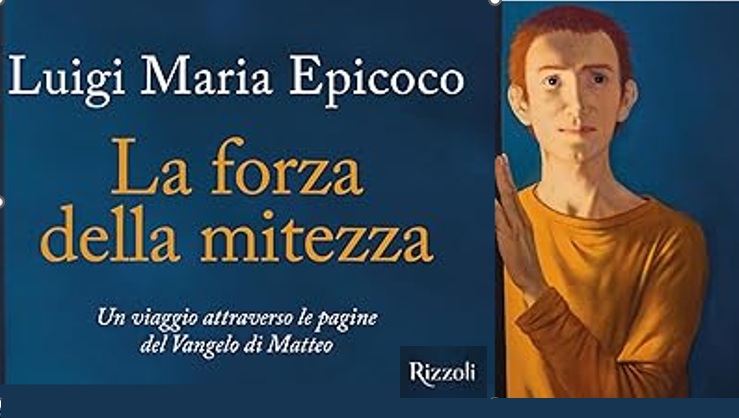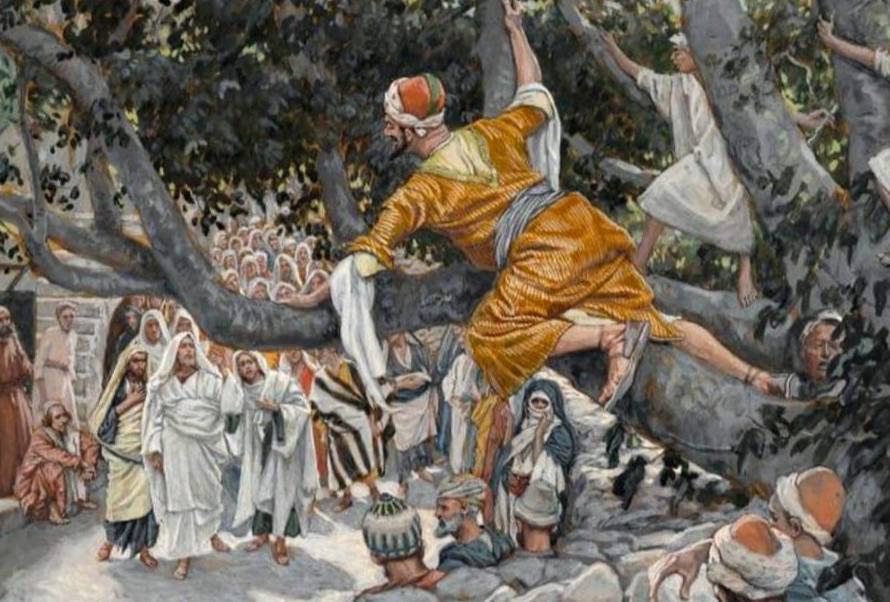“Then Jesus looked up and saw rich people putting their gifts into the treasury. He also saw a poor widow putting in two small coins” (Luke 21:1-4).
Some gestures are outwardly similar, but when you dig into their history, their intentions, their heart, you realize that they are radically different. Jesus can see exactly what is in the heart, and this lays us bare to such an extent that we are forced to come to terms with authenticity. It is a kind of reconciliation between the inside and outside of our lives. Between what we do and why we do it.
Why is Jesus right when he says that the rich have put their surplus in the offerings, while the poor widow “has put in her necessary, all she had to live on”? Indeed, it is already very commendable to see that a person’s selfishness recedes at least in an attempt not to keep the extra, the surplus, for themselves, and to offer it instead. But a politically correct measure is not enough to make us truly different, new.
The newness brought by Jesus contemplates more the gesture of this woman than that of the rich, because it is not what is left over that is put at stake, but what is essential to us. It is the ability to give what we need to live and not just some scraps. It is only when you put at stake what is most precious, what is most dear to you, that you understand how much you care about something or someone.
A mother would not eat the best piece of bread, leaving her children only the leftovers, what she does not eat because she is already full. She would do exactly the opposite. And it does not matter if that bread is little, because that little bread given in this way is worth everything.
I often think that at the end of our lives, when we stand before the Lord, we will not find the quantity of things we have done, but only their quality. In eternity, we will find only what is essential that we have shared, and then we will understand why poverty was better, because for a poor person, everything is essential.


